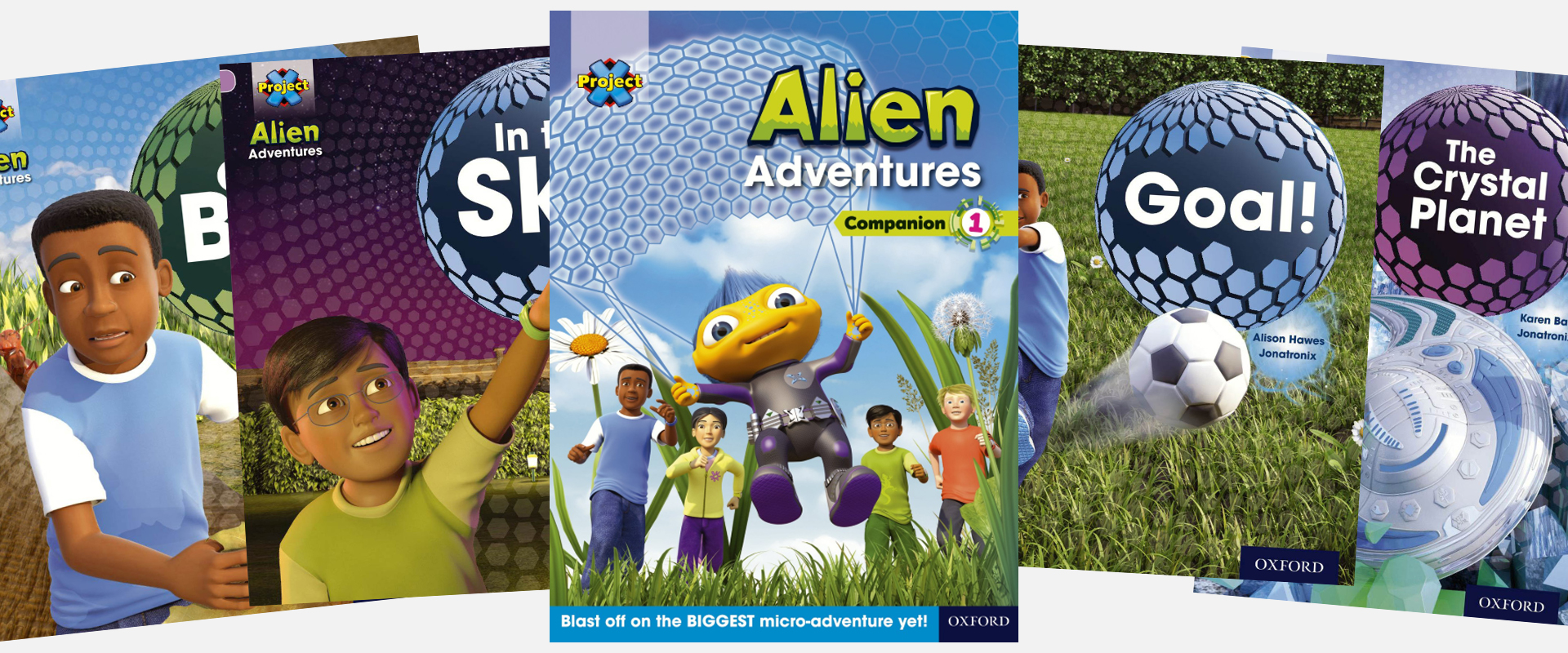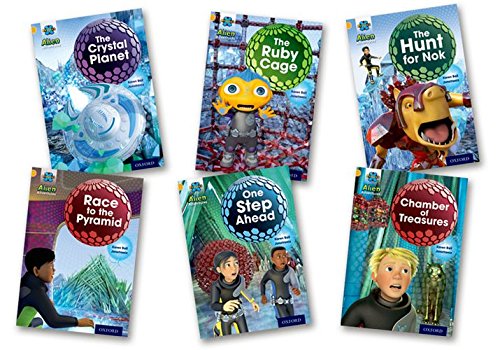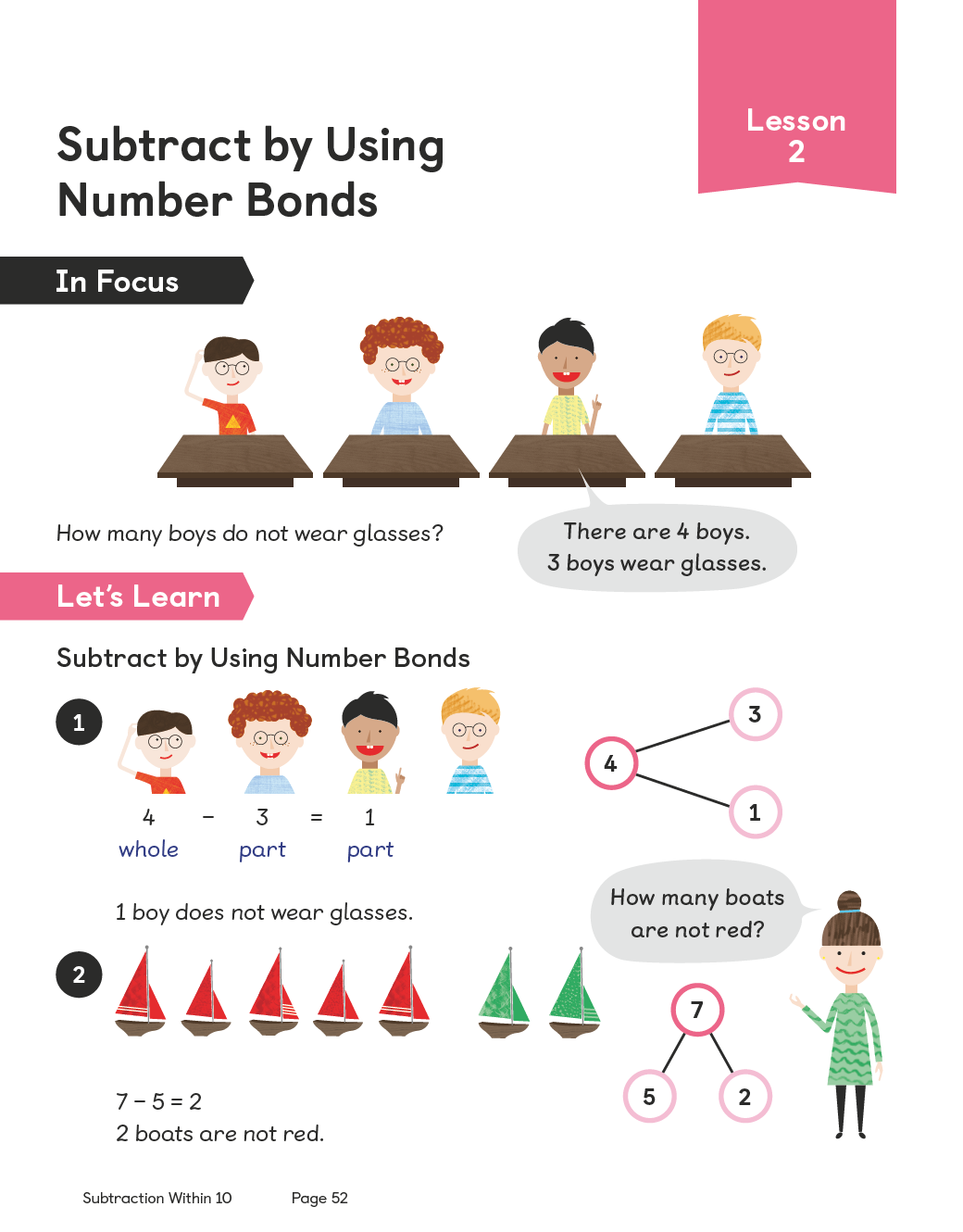OUR CURRICULUM
At St John Vianney, we strive to make our curriculum an exciting, engaging and enriching place for our children and pride ourselves on providing a broad, innovative and balanced approach to learning.
The curriculum is designed around the statutory National Curriculum 2014. The links below provide parents and carers with concise and useful information about the curriculum, which can be used to support children in their work at home.
Our curriculum is based around high quality teaching & learning materials, schemes and resources, from our Maths Mastery scheme to the Opening Worlds Humanities curriculum, developed with Christine Counsell and Steve Mastin.
CLICK HERE for an overview of the whole curriculum - each year group, each half term.
Explore individual subjects below, as well as following links for excellent resources to help you support your child at home.
EQUALITY
Our curriculum offer is for all of our children. It is accessible for all and everyone is expected to take part and to achieve to their potential. Curriculum choices are supplemented by carefully selected classroom techniques and pedagogies, so that pupils with SEN/D, from disadvantaged backgrounds or with English as an Additional Language can all through the learning. Children are scaffolded to reach outcomes and are not assigned lower-order tasks, curricula or streams of work.
Please read below to find out more about our curriculum; there is a wealth of information about what is being taught and how to support your child at home. Any further enquires around curriculum can be communicated to the School Office: admin@st-johnvianney.haringey.sch.uk
|
Religious Education
|
The curriculum and supporting materials are is based on the belief that God is always the initiator in the history of our creation and redemption. It focuses specifically on REVELATION – LIFE IN CHRIST – CHURCH & CELEBRATION from the Curriculum Directory which is based on the Catechism of the Catholic Church and the Scriptures.
For more information and a class-by-class curriculum breakdown, please follow this link. |
|
Online Safety
At SJV, we support our children will extensive Online Safety messaging via assemblies and our curriculum. Parents are invited to join Online Safety briefings to discuss the latest news and to help them to support their children outside of school. CLICK HERE to access our Online Safety page - there are tips, parent information slides and a whole raft of useful links to help with everything from age-appropriate training to parental controls. |
SMSC Social, Moral, Spiritual and Cultural opportunities are many and varied and are embedded in our curriculum to ensure that all can take part. From spirituality days to trips to the theatre; from learning about democracy to visiting world class exhibitions, our children are fortunate to have such varied and exciting opportunities. CLICK HERE to see our SMSC page.
|
|
The National Curriculum (2014) An excellent introduction to the Curriculum, summarised by year group, detailing the skills and knowledge taught for each class, along with some good ideas for parents to help their children at home: Primary School Curriculum – a Parents’ Guide Curriculum Overview 'At a glance' view of the subjects and skills required for each year group. A very clear overview for parents. Overview of the National Curriculum for years 1 to 6
Subject Guides for Parents Excellent resources for parents to help them to understand the subjects and topics taught on their child's class. It also contains supporting videos and ideas for activities at home. |
 |
|
Early Years SJV Vision Have high expectations for every child’s well-being, development and learning beginning with working closely with parents to identify each child’s needs in order to scaffold their learning journey. What do children learn in EYFS? Children becoming confident in themselves and their relationships and enjoying their discoveries. Creating a positive progression from Nursery to Reception Class. CLICK here to understand more about what is taught in EYFS. Curriculum Maps Follow the links below to see what is taught in each term: |
 |
|
|
Reading - Phonics Reading is THE essential skill; the gateway to the vast majority of learning. At St. John Vianney, we are always seeking to ensure that reading is a pleasure, never a burden. Systematic Teaching & Learning of Phonics is essential to ensure that children have the ability to fluently de-code so that they can confidently join the life-long adventure of reading for pleasure. In EYFS and KS1, and beyond, we use the Ruth Miskin (RML) programme for teaching Phonics. CLICK HERE to access a fantastic guide for parents, including many resources and tips you can use at home to support your child through this vital (and enjoyable) phase of their reading journey. The better, more confident they are at this, the more they will succeed in all other school subjects (and well beyond)!
|
|
Reading - KS1 Guided Reading As children master all stages of the Phonics programme, they progress onto an exciting and engaging series of books, design to further develop their fluency, understanding and love of reading. Project X is a modern, vibrant and engaging reading programme specially developed to help motivate boys and address the gender gap in literacy. With four programme strands, Project X supports teaching, assessment and practice of a full range of reading and comprehension skills.
|
|
 |
Reading Through KS2 Children's love of reading, along with their fluency and comprehension is developed significantly as they progress through KS2, from Year 3 to Year 6. Teachers and classes share some amazing reading experiences. Mixing classic works by all time children's favourites with modern works, fiction with non-fiction, plays and poetry, the children's reading diet is carefully constructed to boost their love of reading and to ensure that the wider curriculum is supported with forays into the non-fiction worlds of our History and Geography curricula. We have adopted a 'Mastery' approach to the teaching of reading, where lessons are carefully choreographed by the teacher:
|
Click on the following links to view the detailed Reading Curriculum for each KS2 Class:
|
Writing At St. John Vianney, we have developed principles for writing that are consistent across the school and assist children, of all abilities, in their enjoyment of, and engagement in, writing. Our principles are: 1.Teach children to ‘be writers’, rather than ‘to do some writing’ (a class to become a ‘community of writers’). 2.Explicitly teach children to follow a writing process: plan, draft, edit and revise their writing 3.Give children inspiration and purpose to write. 4.Devote significant time to writing pedagogy and practice. 5.Providing children with effective feedback- of the right sort at the right time. 6.Talk and vocabulary development are crucial. 7. Overcoming barriers with effective scaffolding and support is key. |
 |
Click on the following links to view the detailed Reading Curriculum for each Class:
|
Maths - No Problem! Our Maths Mastery curriculum, based on research-led principles from the teaching of maths in Singapore, ensures that our mathematicians develop a deep and secure understanding through the use of ‘concrete’, ‘pictorial’ then ‘abstract’ ideas. Pupils will explore concepts using concrete materials, before progressing to pictorial and, finally, abstract (the CPA approach). Children work collaboratively, in mixed ability groups, to support each other in mastering key concepts. Higher attaining pupils can quickly move onto ‘mastering’, while others have the opportunity to really grasp the learning. An extract from the Maths No Problem website summarises its principles and benefits:
|
|
CLICK HERE to access our Maths No Problem Page
Click on the links below to view the Curriculum Map for Maths in each each Class:
|
Relationships & Health Education (RHE) From the Summer Term of 2021, Relationships & Health Education (RHE) will become statutory in all primary schools in England. In line with government guidance. At St John Vianney, this will be taught through a Relationships & Health Curriculum, supported by Religious Education and Science Through these subjects, we want to support all young people to be happy, healthy and safe – we want to equip them for adult life and to make a positive contribution to society. Documents Here are the key Documents: |
 |
|
Music Music at SJV is based on the acquisition of solid musicianship skills through the application of Kodaly methodology. Unlike many settings, we do not see music classes as musical entertainment for a session every week. We see it as musical education, as a discipline in its own right with its own features of literacy and skills that we want the children to acquire. In essence, the children are taught by physically connecting them to musical learning so that they absorb and deeply feel the concepts being taught as opposed to it being a dry academic exercise. What does this look like? Follow the link below to read more. |
|
|
|
Physical Education (PE) CLICK HERE TO VIEW THE PE CURRICULUM MAP Physical Education is only partly delivered by PE lessons as such. In this school, there is a rich structure around PE lessons that add and enhance the children's opportunities to take part in quality and active learning. We use Val Sabin's popular PE schheme for primary schools, which encapsulates : Gymnastics, Games, Athletics, Dance, Dance and Swimming. Lessons build children's individual skills in each and allows them to put apply them in cometetive games and disciplines. In addition, we ensure that specialists also contribute to our offer (e.g. Dance, Gaelic and Football) The offer is extended and rounded with an embedded 'Daily Mile' physical fitness regime; free after-school sports clubs, open to all; free holiday activity clubs for disadvantaged pupils; Year 6 Pupil Training to lead active play drive. |
|
Science Our science curriculum delivers the National Curriculum in a progressive and knowledge-rich manner. Skills and knowledge are carefully sequenced and built upon, ensuring children arrive at each new topic and year ready to engage. Our curriculum is supported by resources drawn from Plan Bee (KS1) and Kapow for Science in KS2. |
|
|
|
Design & Technology Our curriculum offers the children to explre the world of food & nutirtion, mechanics, electrical systems, structure and textiles. Authored by primary D&T specialists, the content allows children to progress from individual skills to finished products with plenty of imaginative ideas, from moving storybooks to designing a playground! |
|
Art and Design Our Art & Design Curriculum, drawn from the popular Kapow materials, ensures the discrete teaching of the formal elements of art (line, shape, tone, texture, pattern and colour) and allows the children to apply these to art & design projects. They study a broad range of inspiring arts and craftspeople and progression is carefully build throughout. |
|
 |
Computing We us the innovative and newly developed Kapoow Computing curriculum, which states: "Our vision is for every child in every school in England to have a world-leading computing education." The programme takes children through: the way in which computer systems and networks operate; how media is created and used; how data can be collected and presented and how algorithms and programming underpins much of the computing world. CLICK HERE TO SEE WHAT IS TAUGHT IN EACH YEAR
|
|
French Teacher use the Language Angels scheme of work and resources to ensure we offer a relevant, broad, vibrant and ambitious foreign languages curriculum that will inspire and excite our pupils using a wide variety of topics and themes. This curriculum is designed to encourage to feel willing and able to continue studying languages beyond key stage 2. |
|
 |
PSHE Our values assemblies allow the children to engage with the key citizenship principles that are so important for being a positive member of society: British Values, Online Safety, Rights & Responsibilities, Money & Economic Wellbeing and Communities. |


















